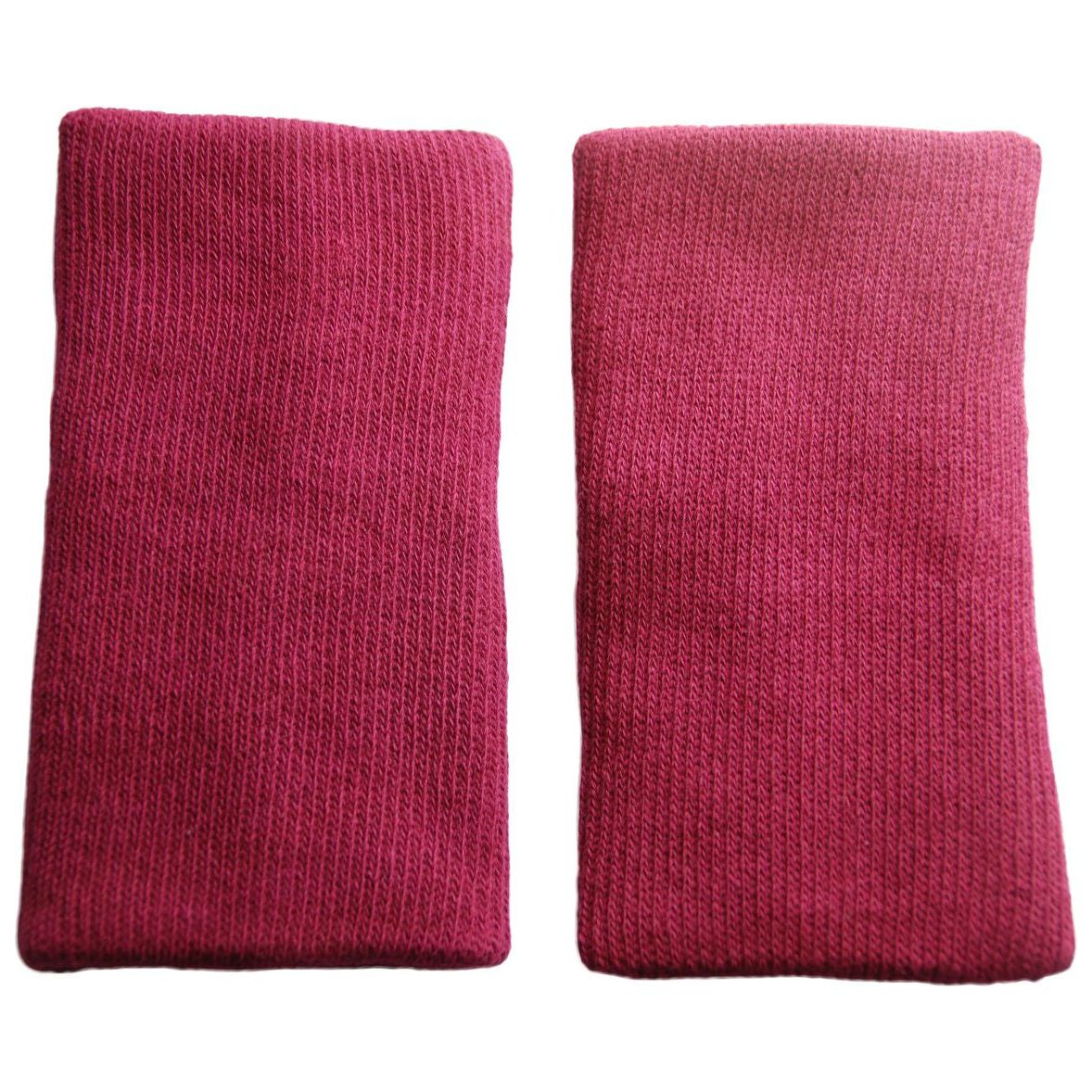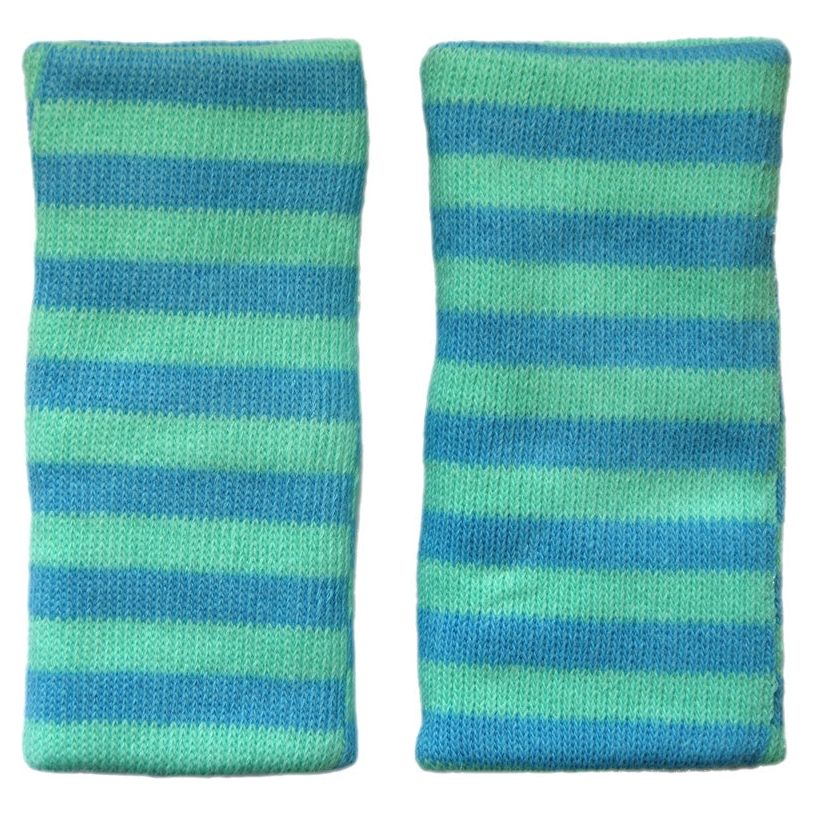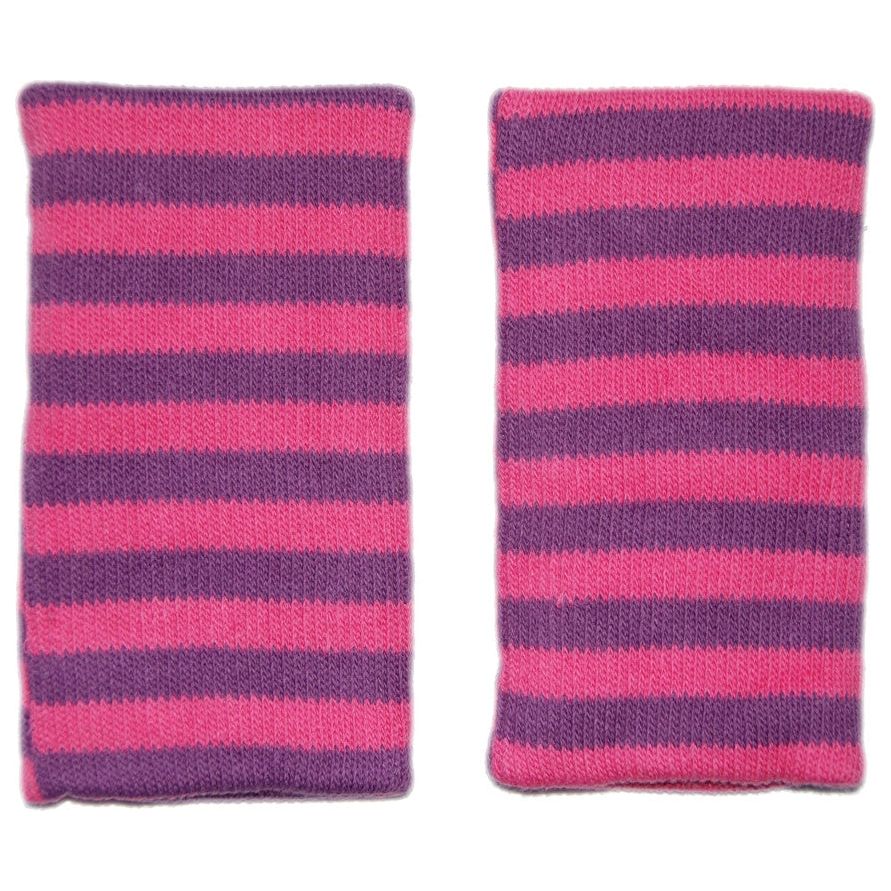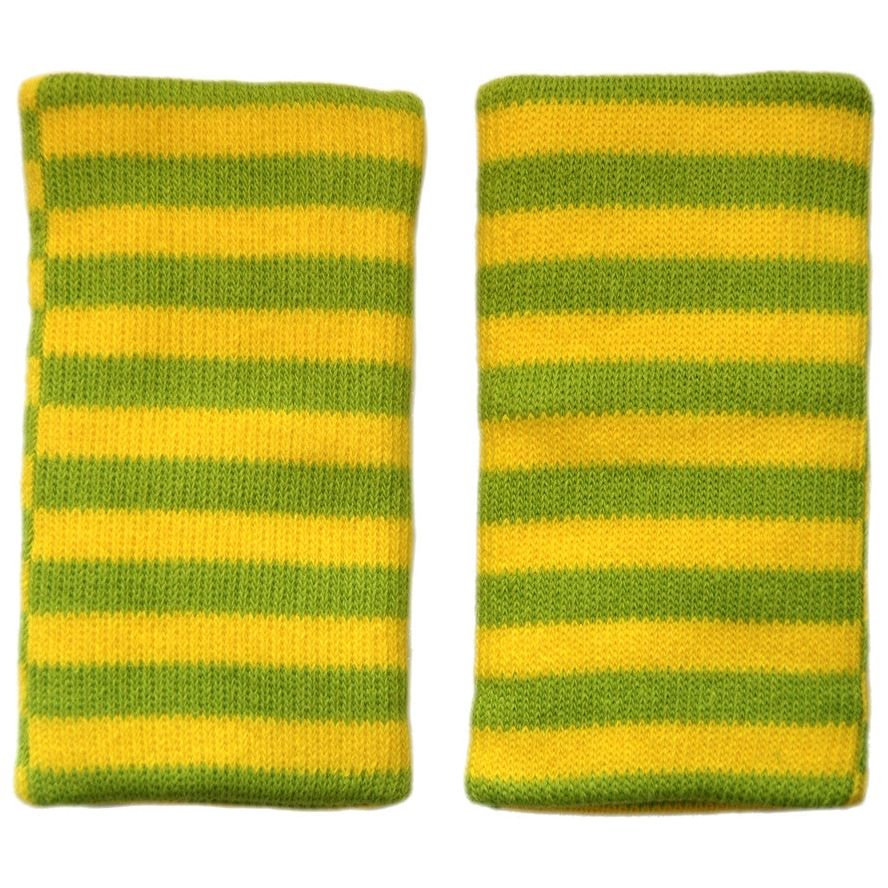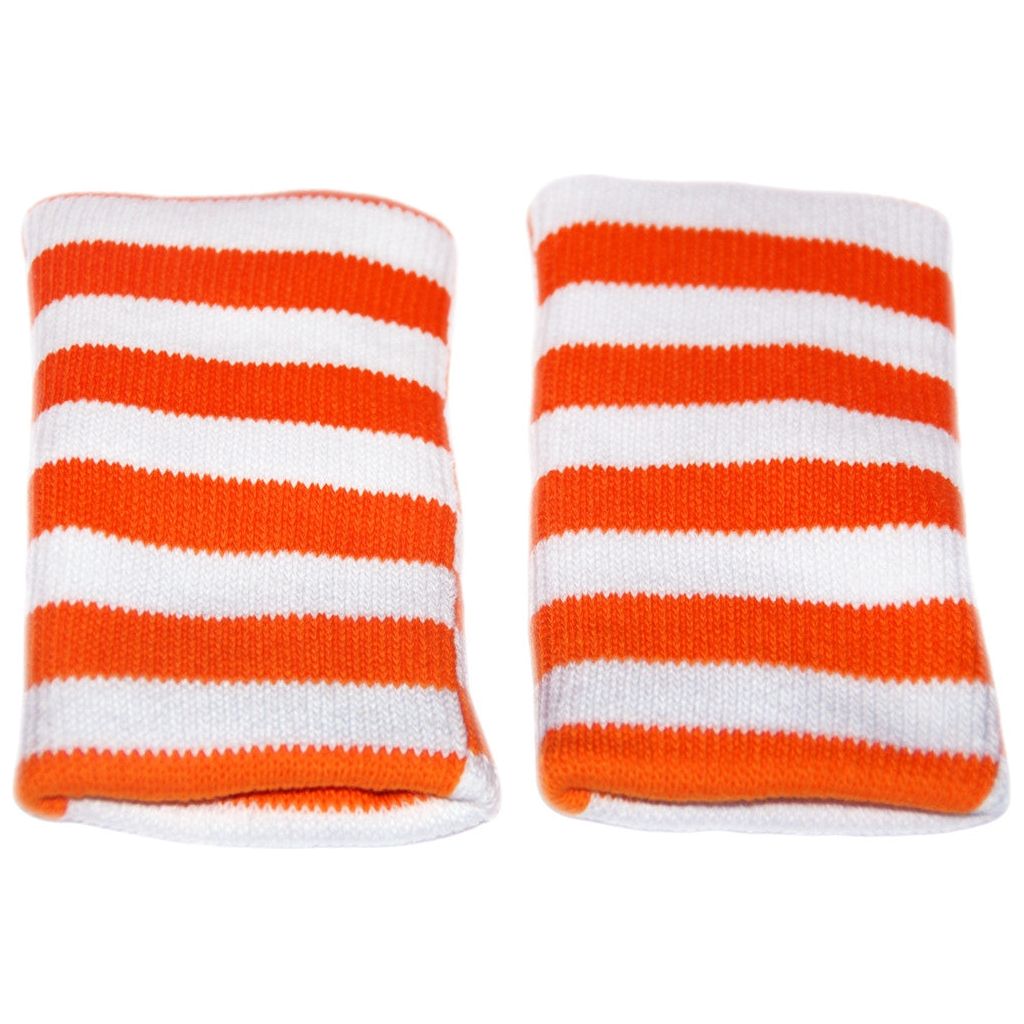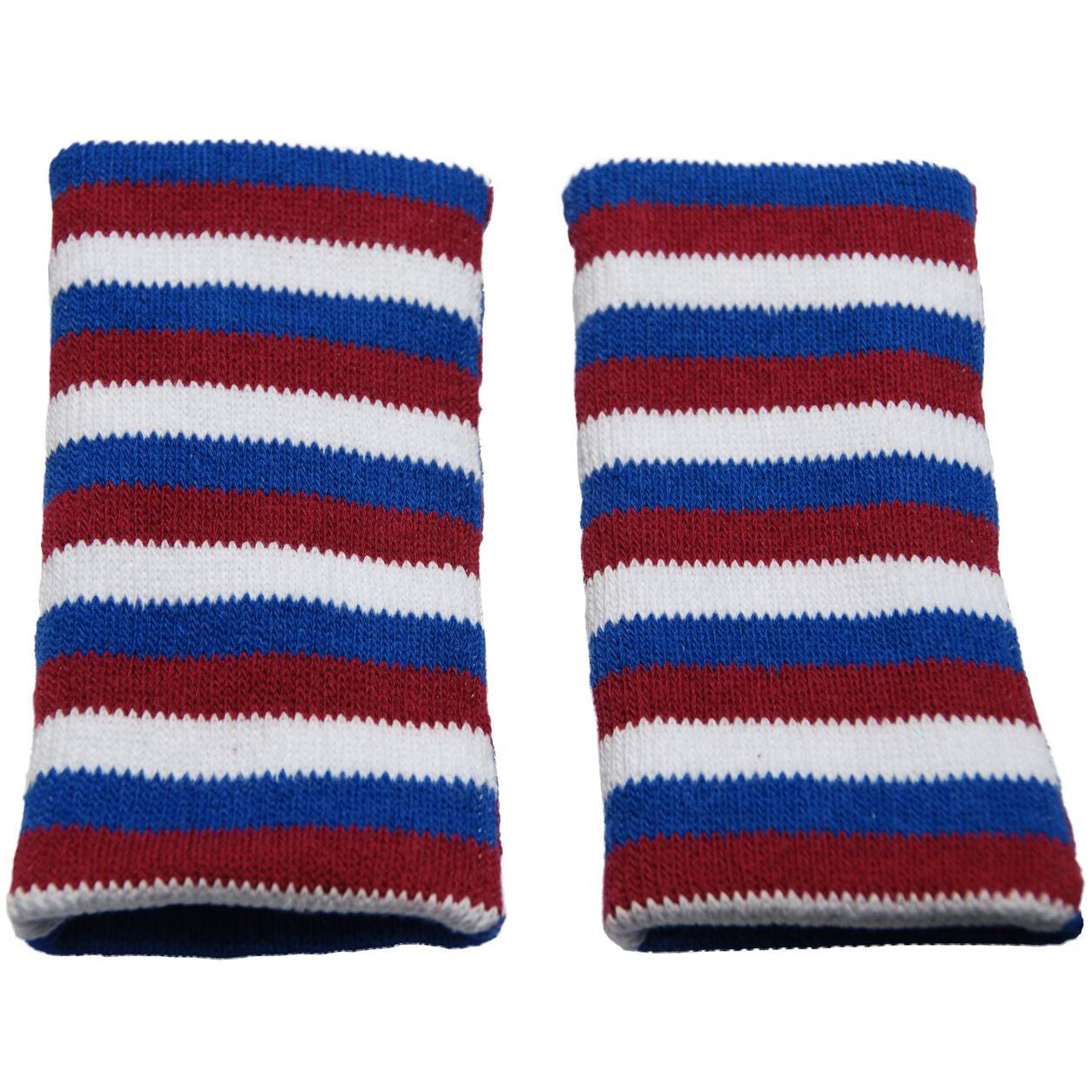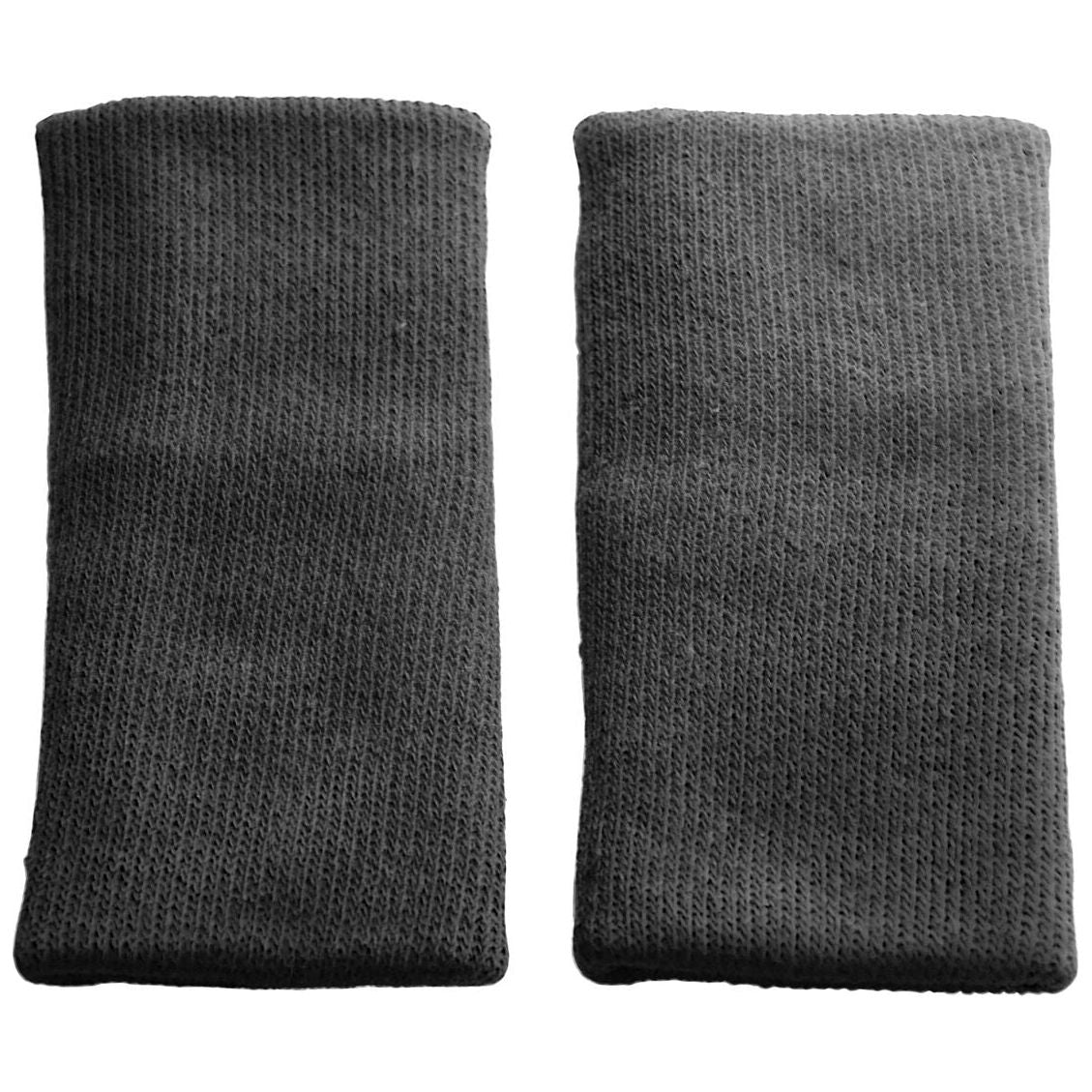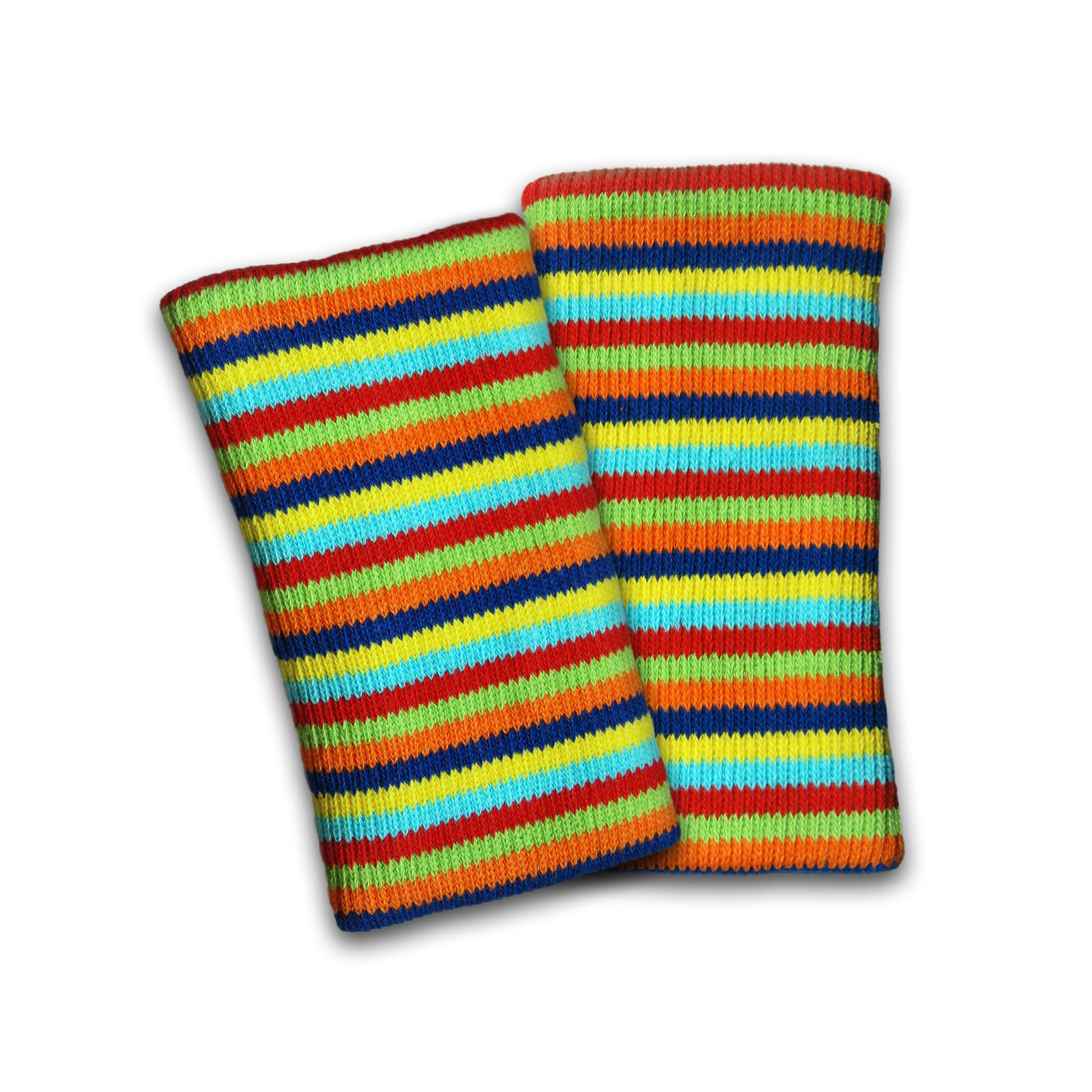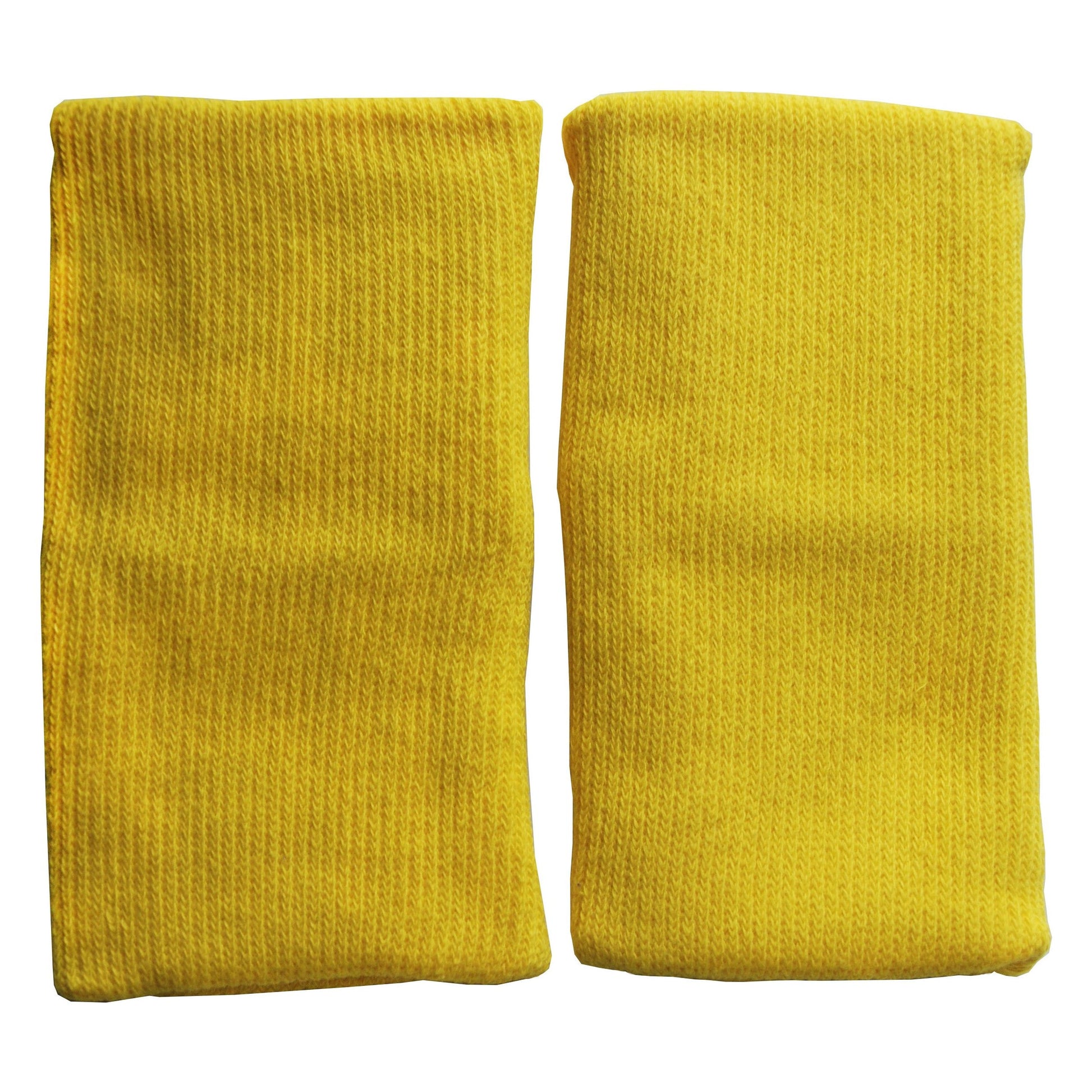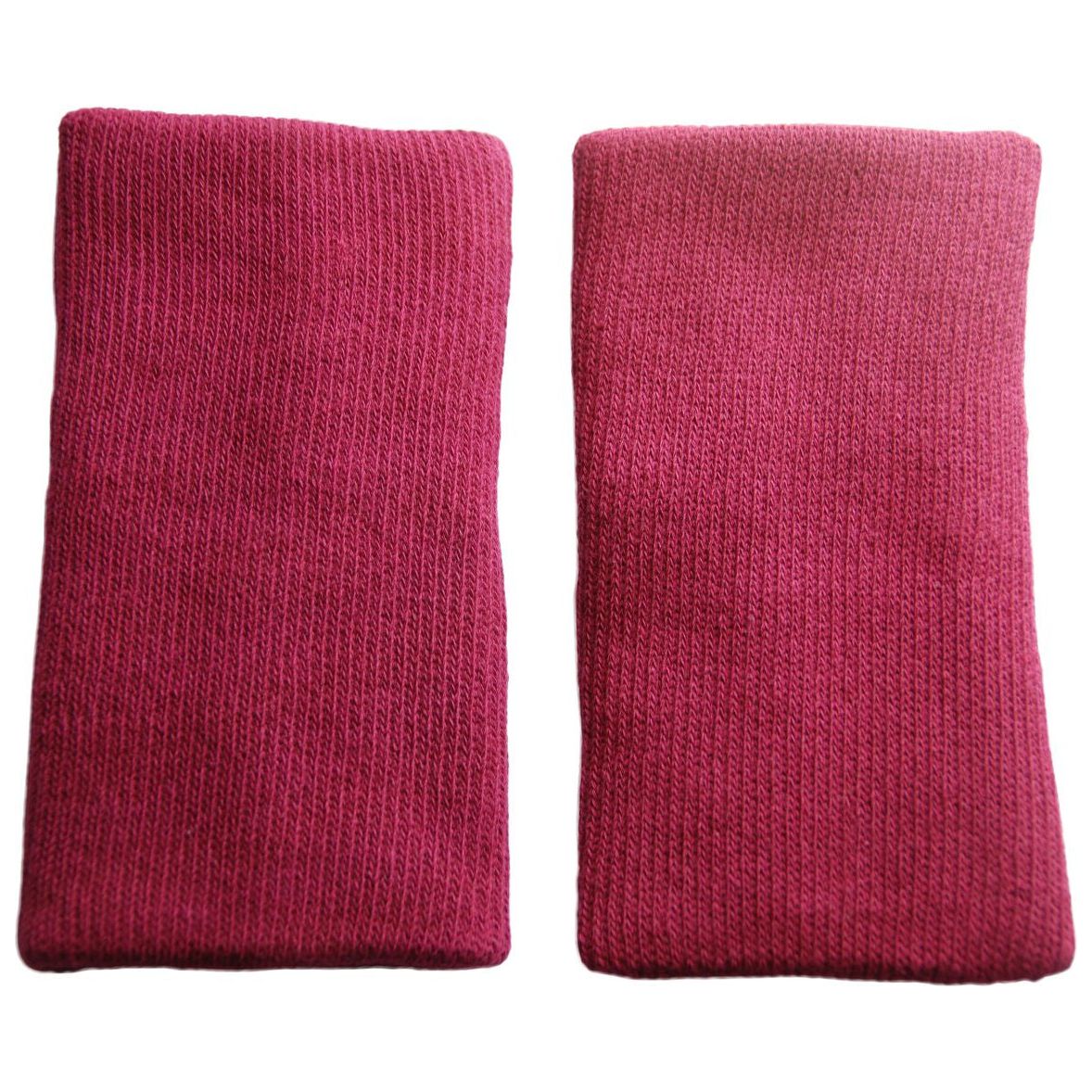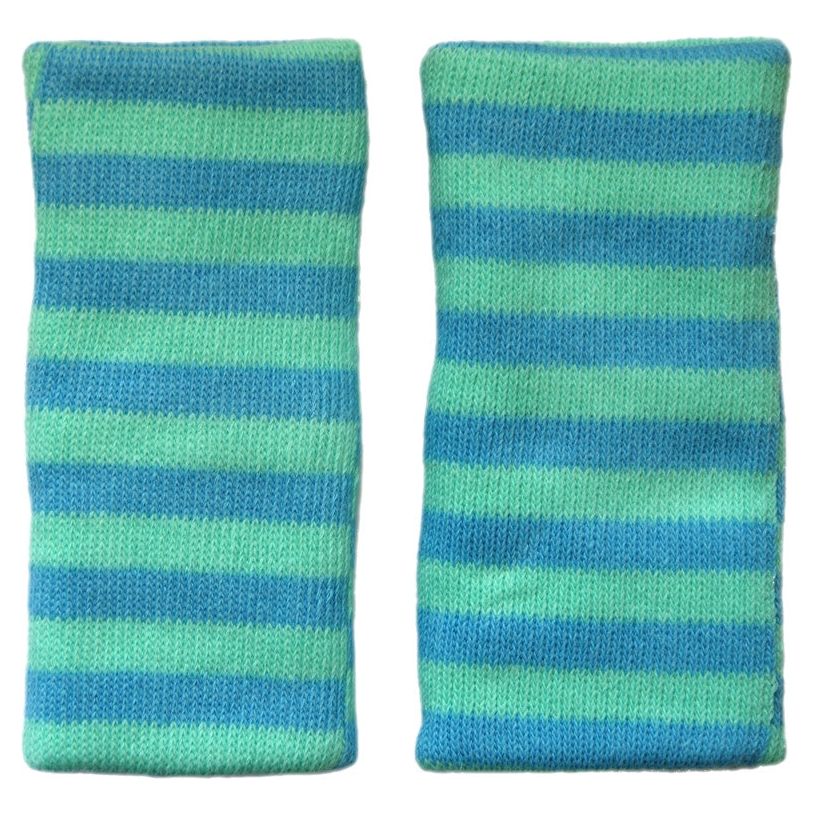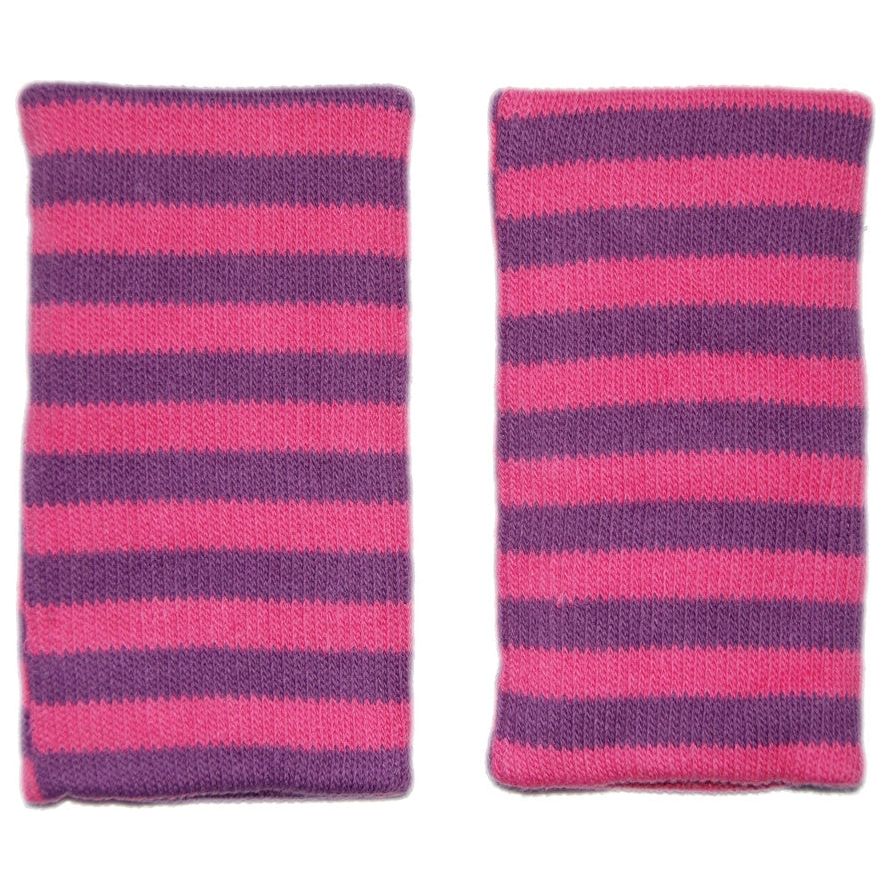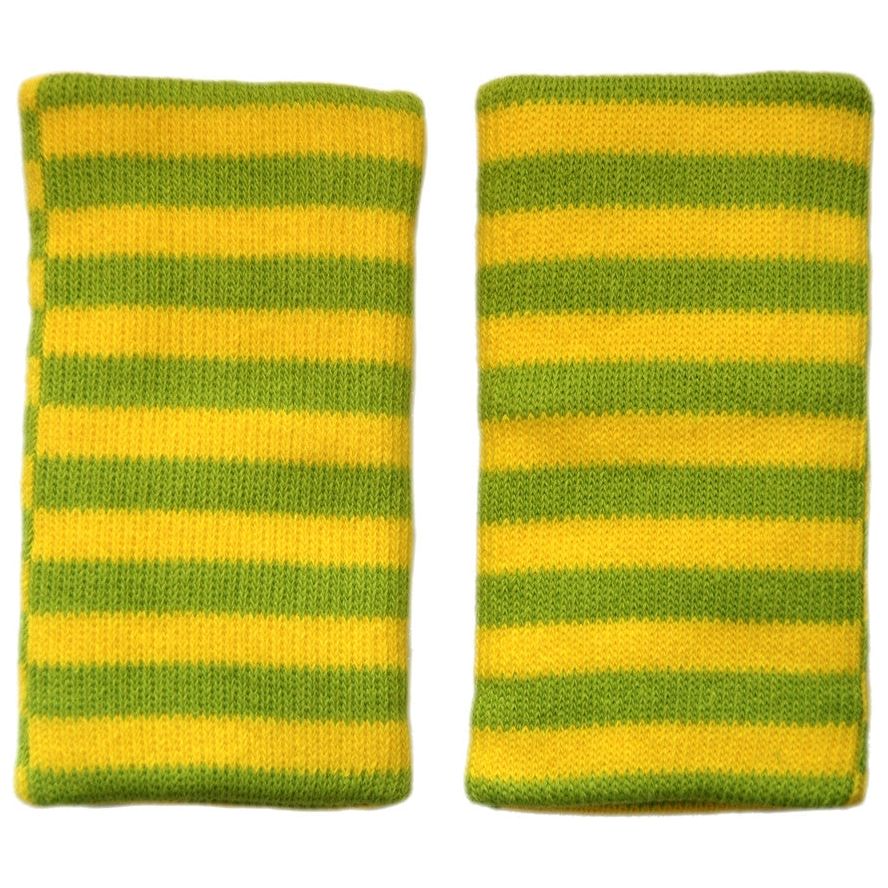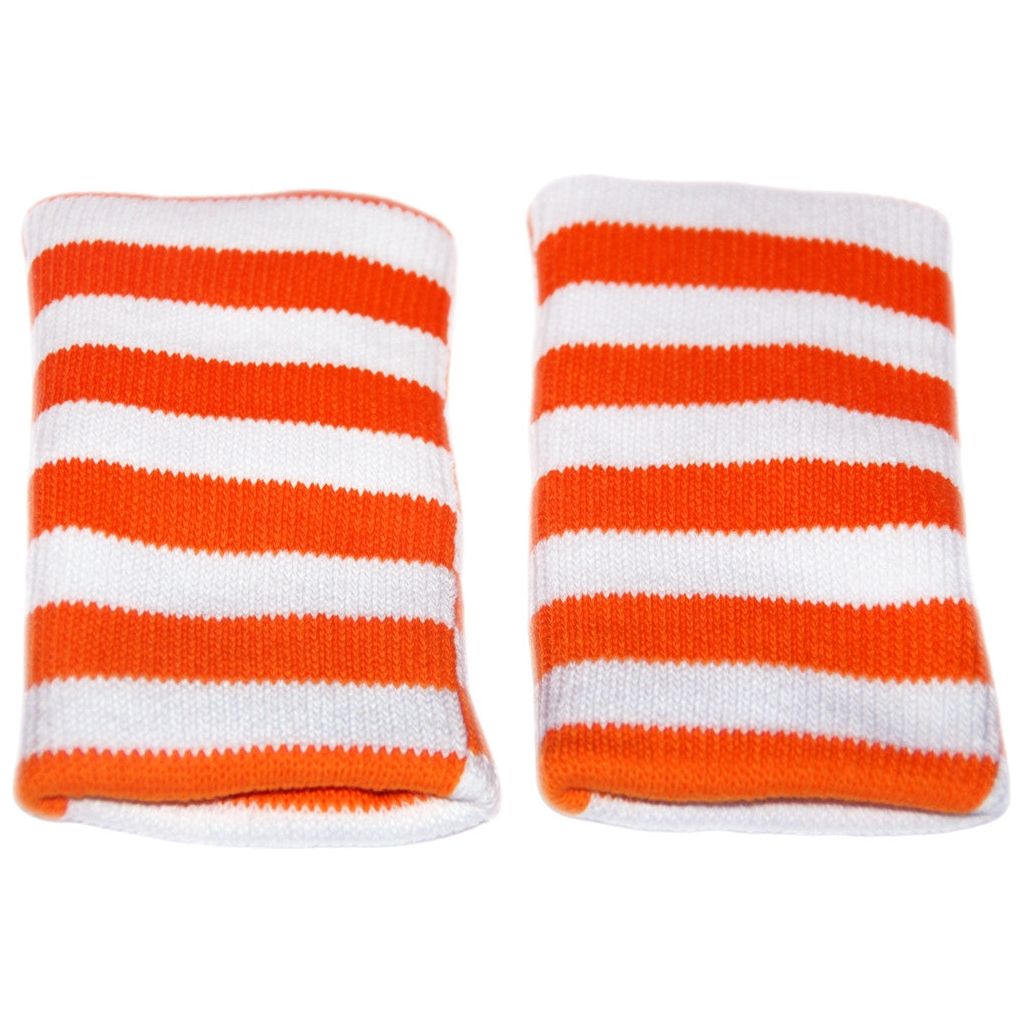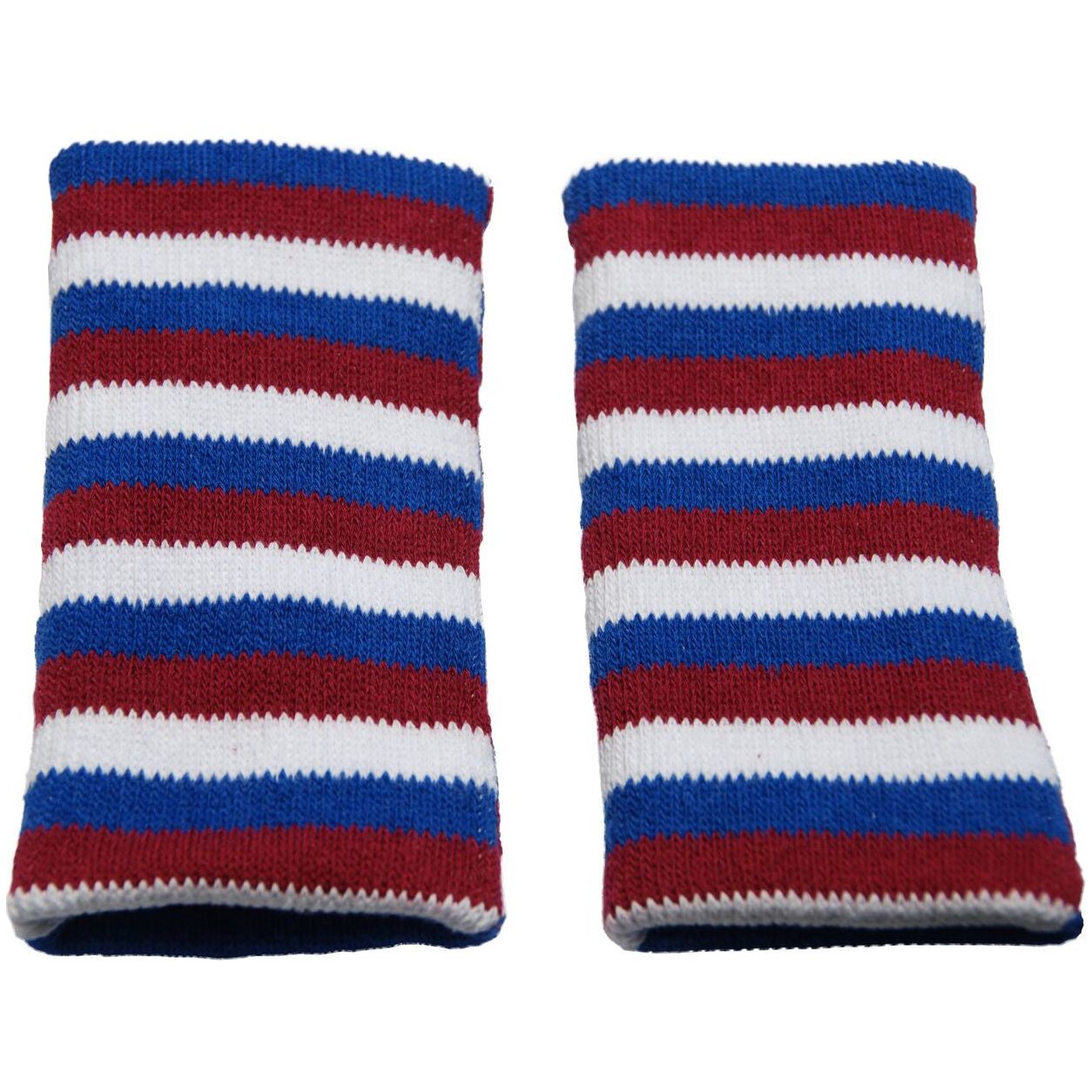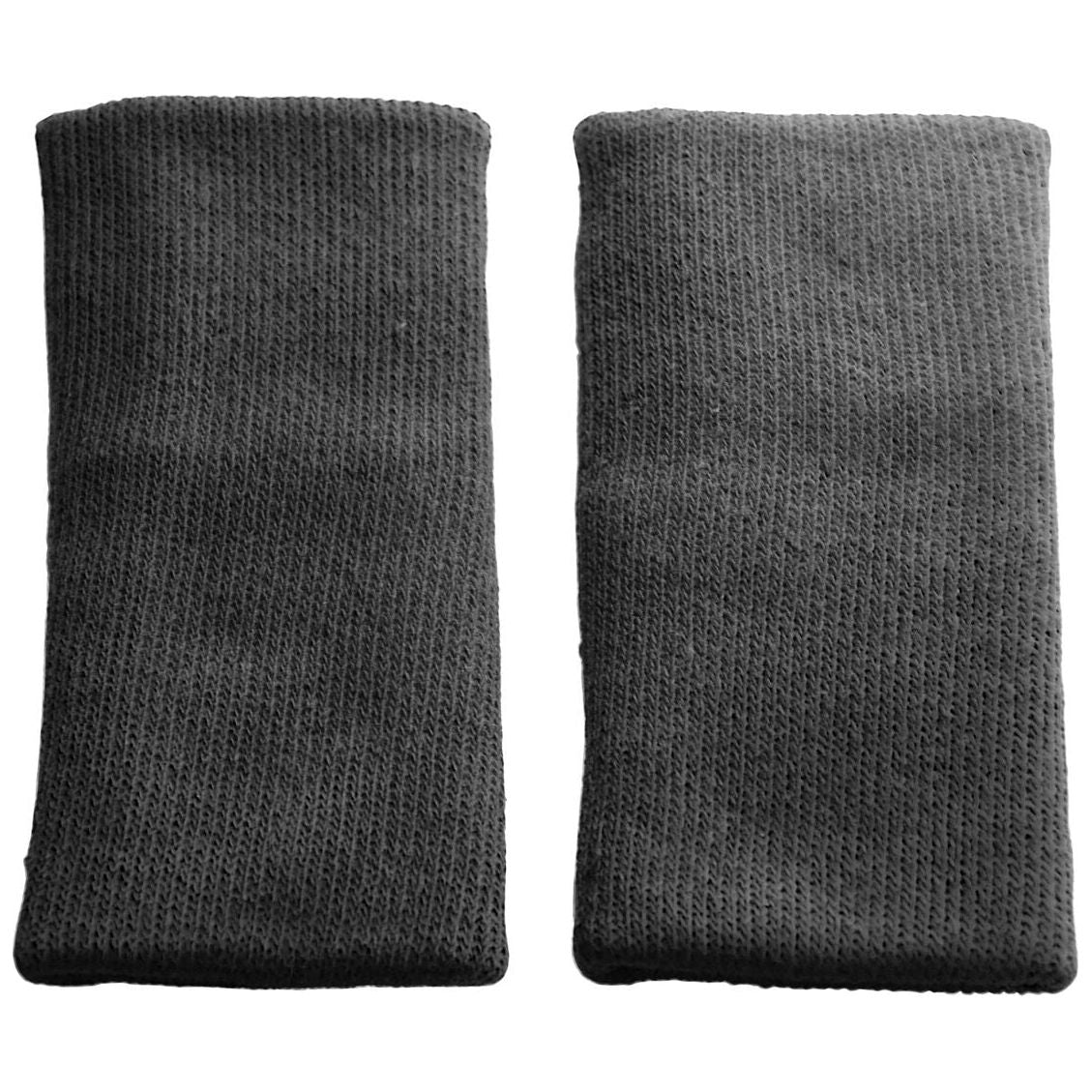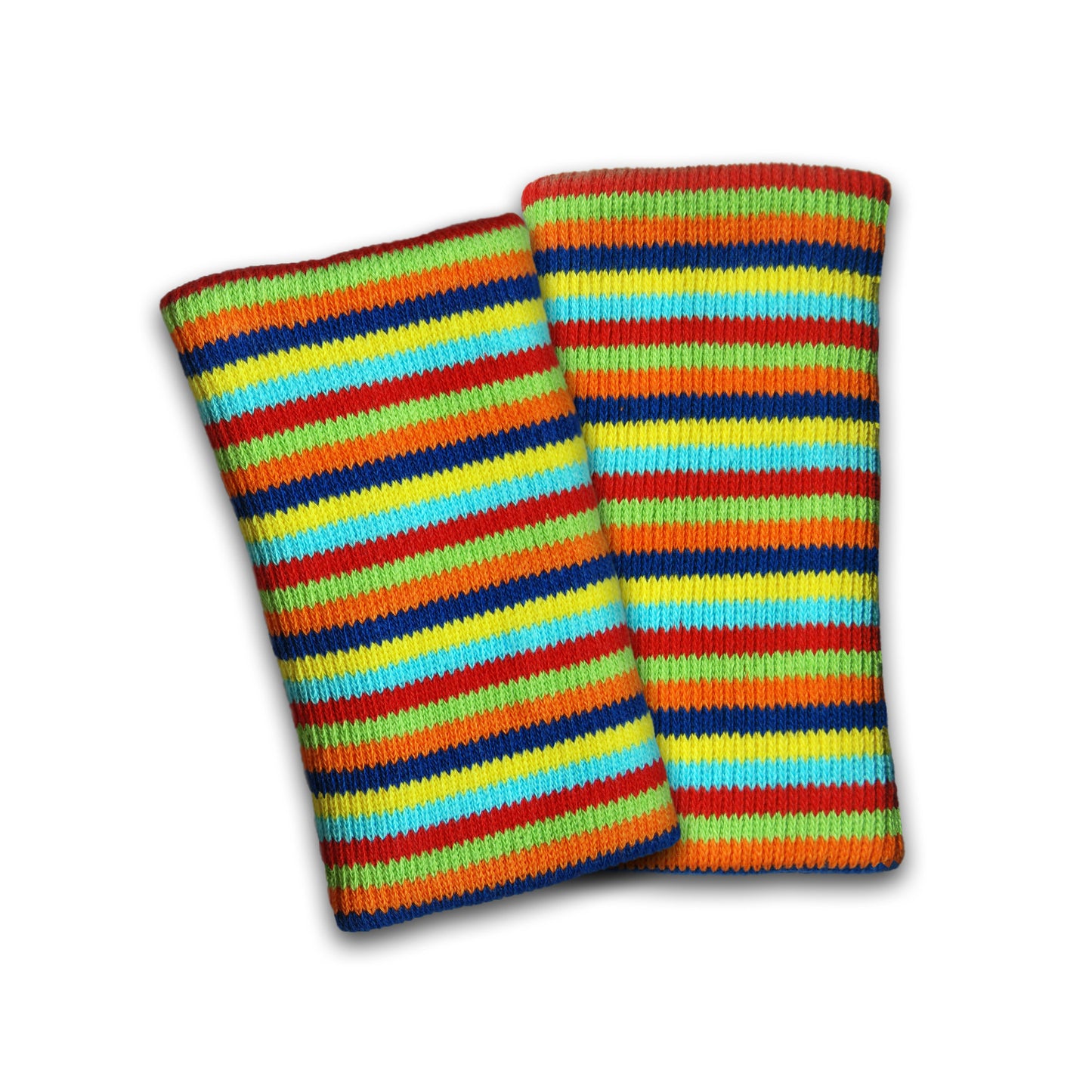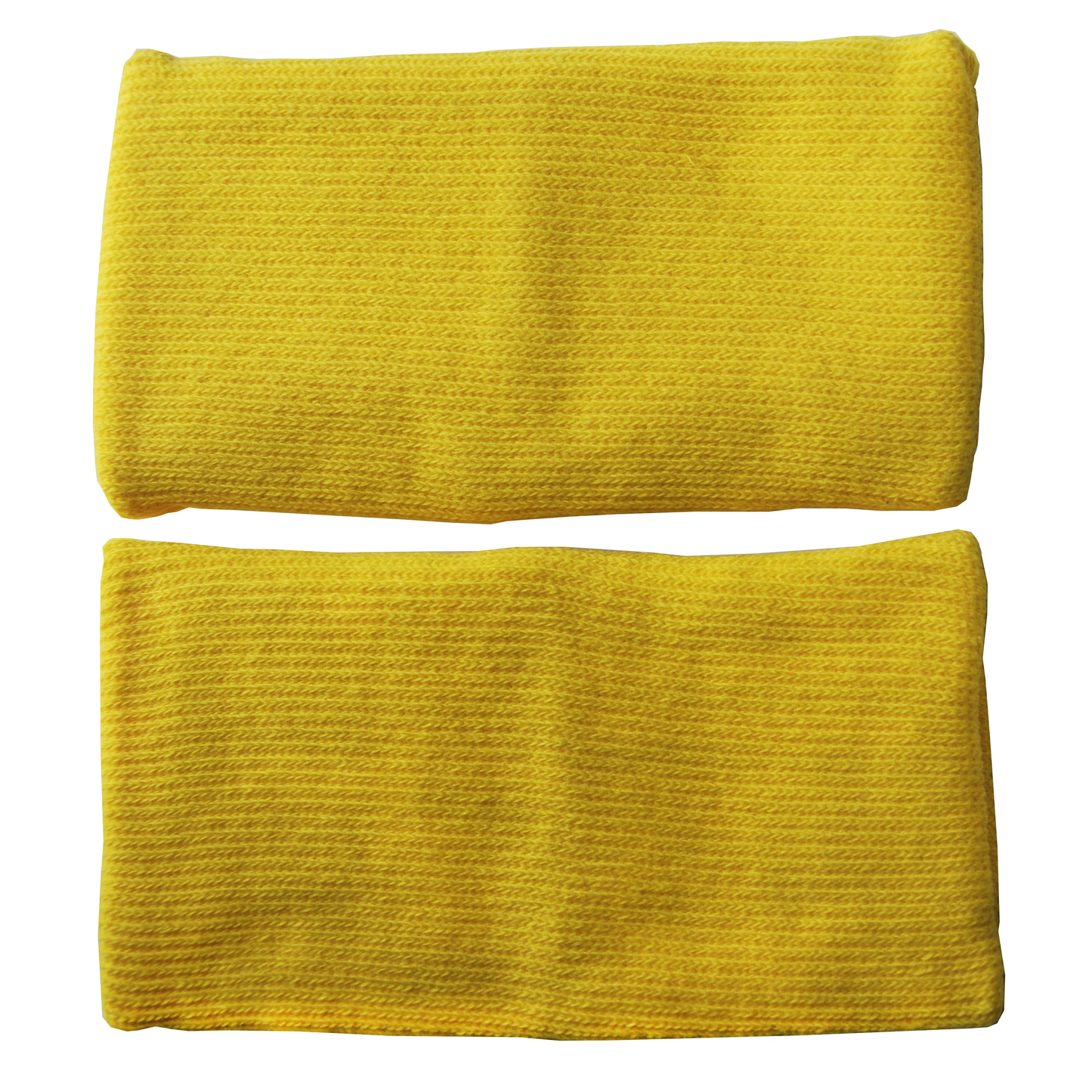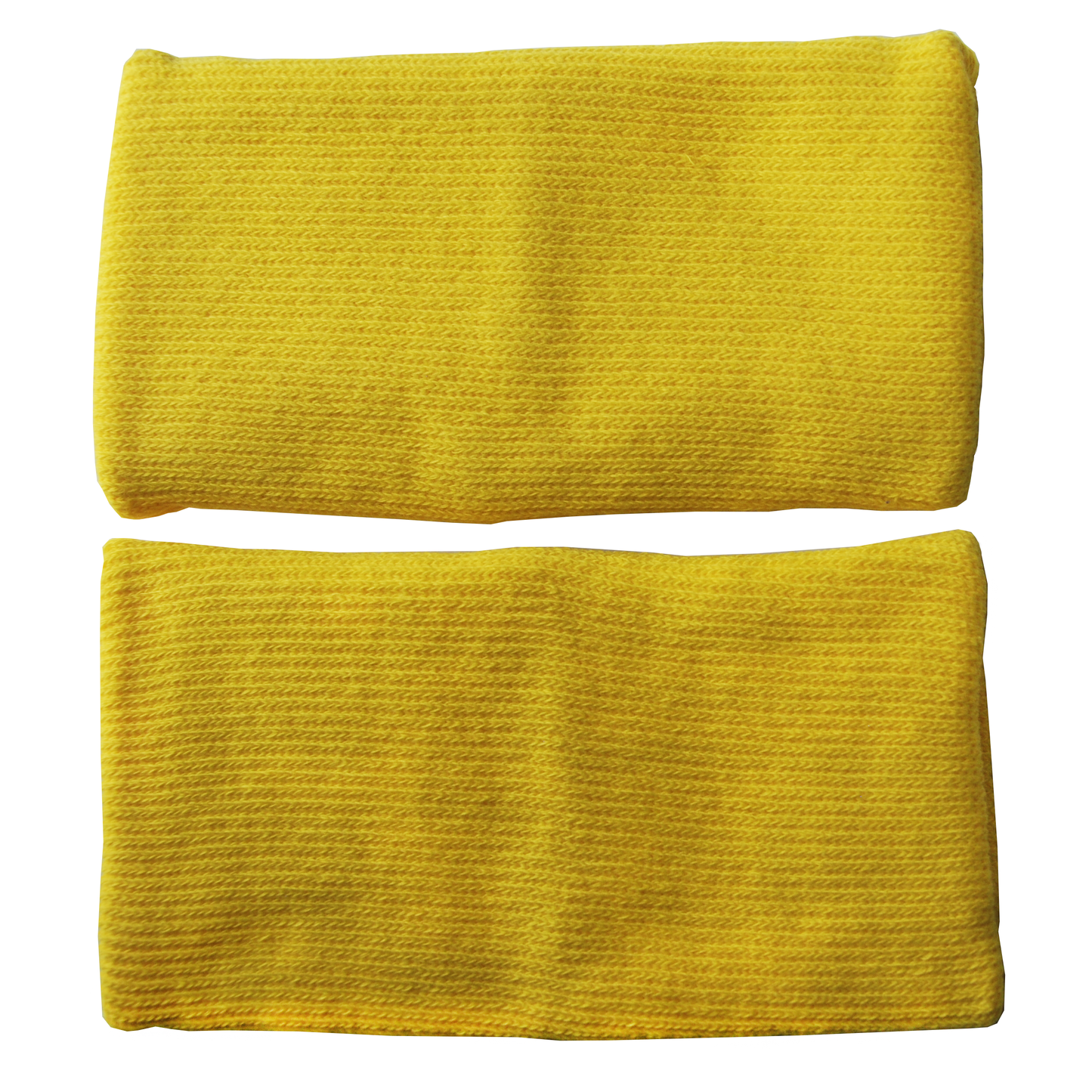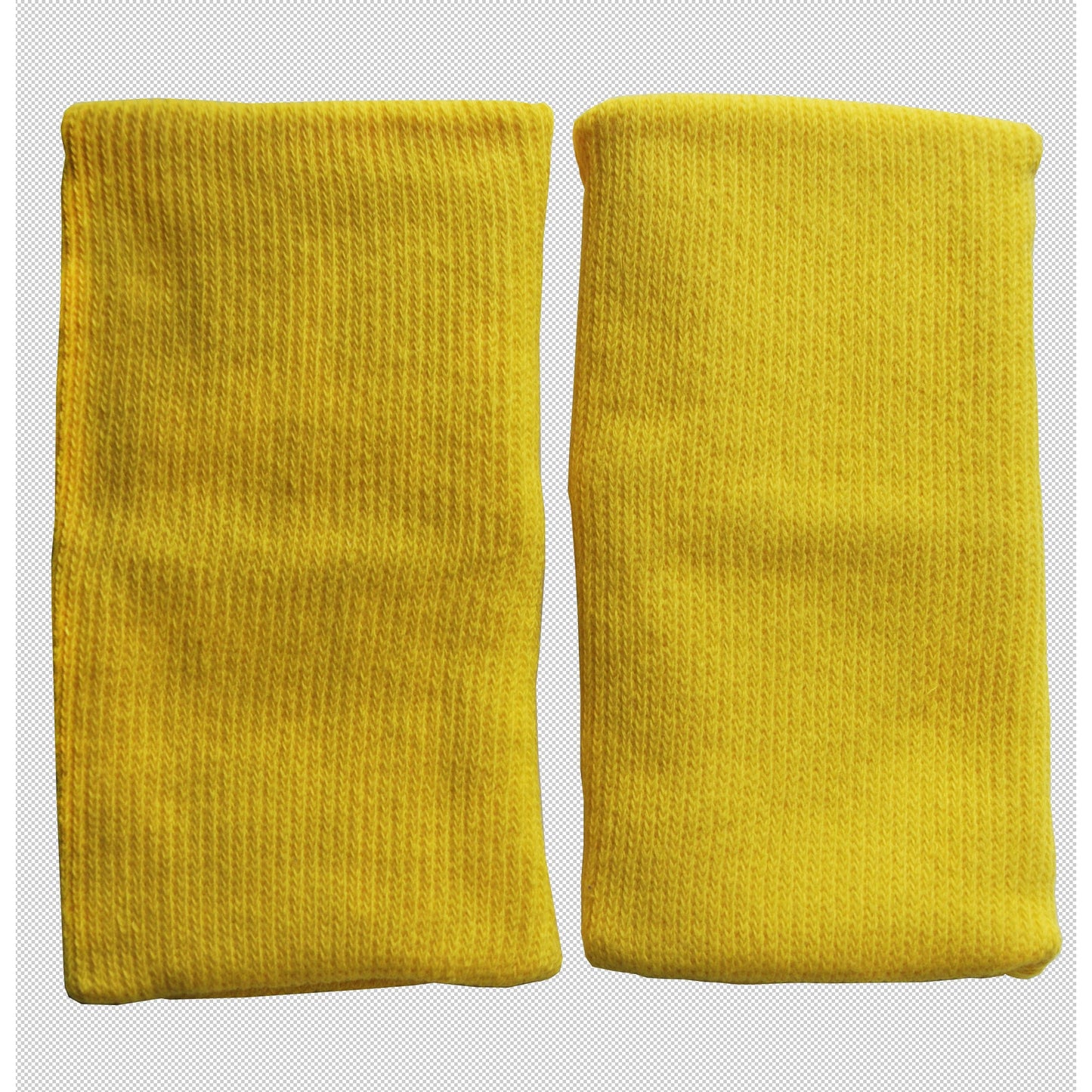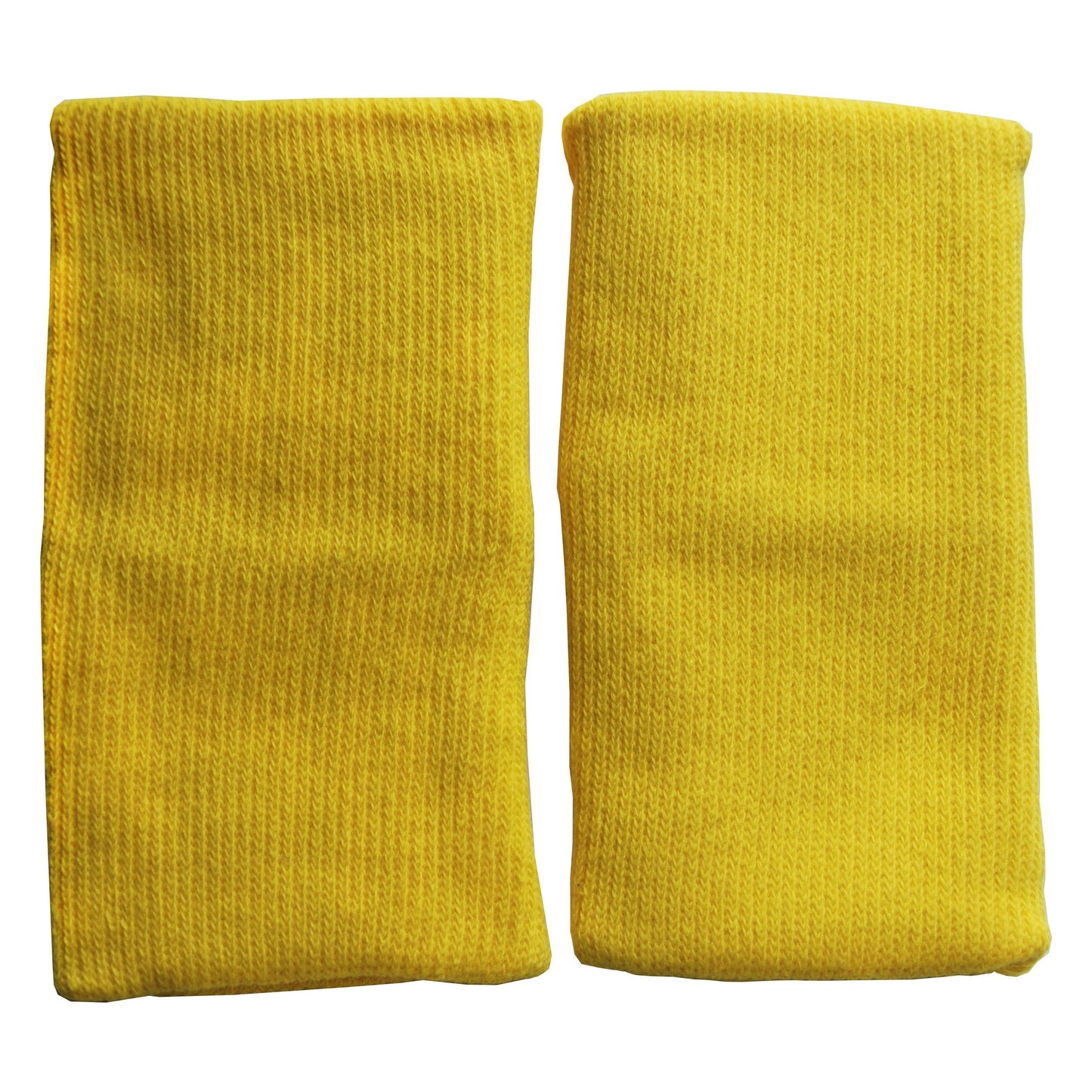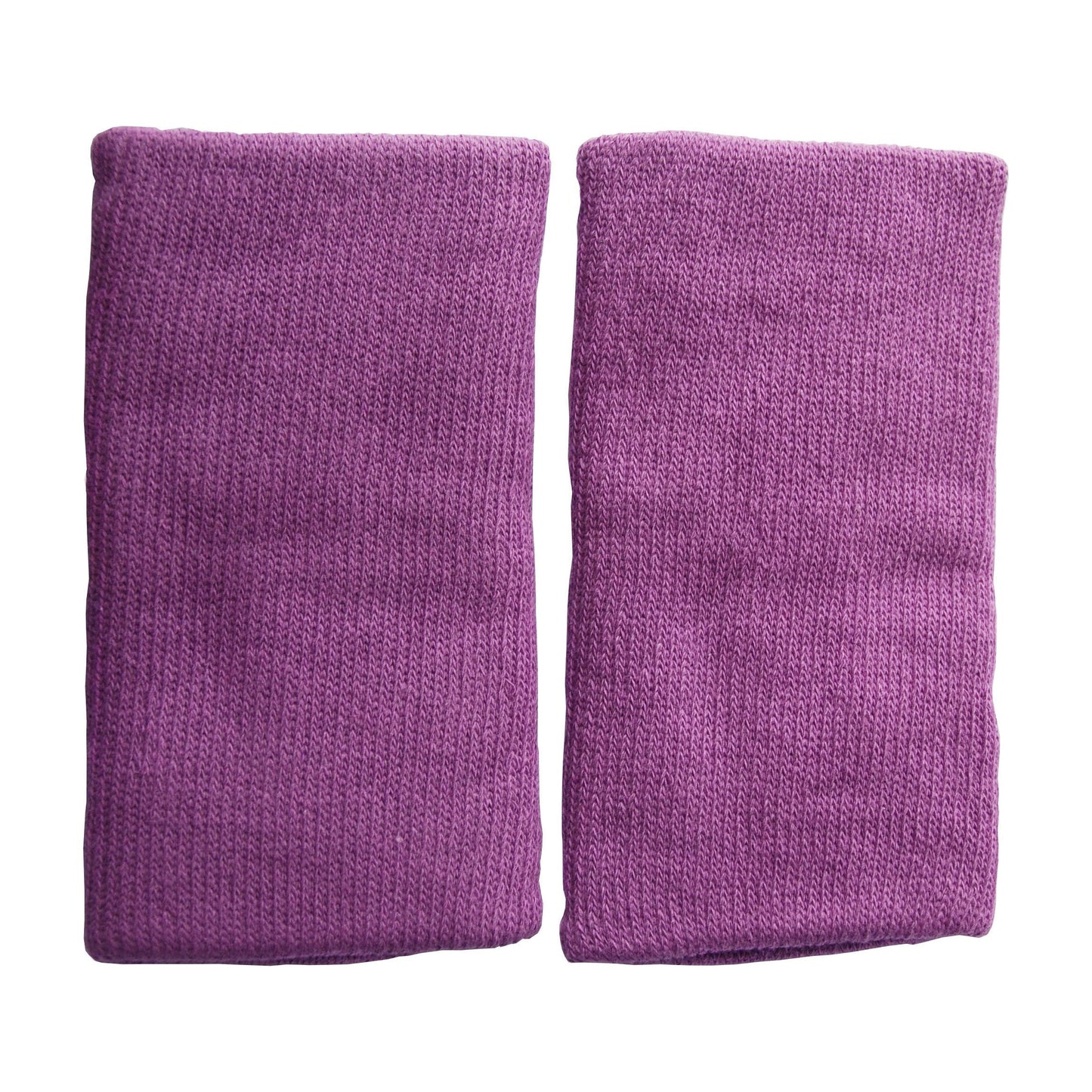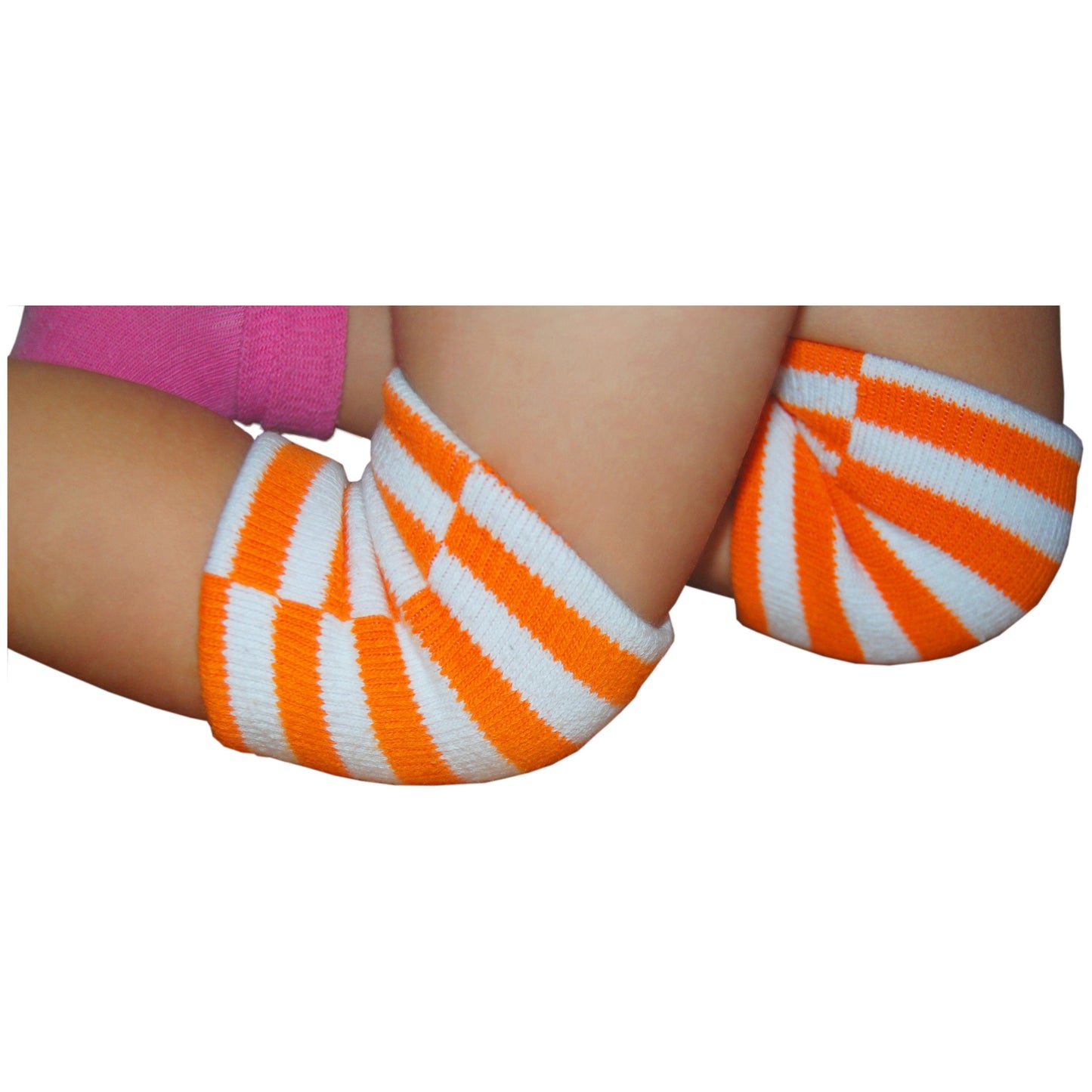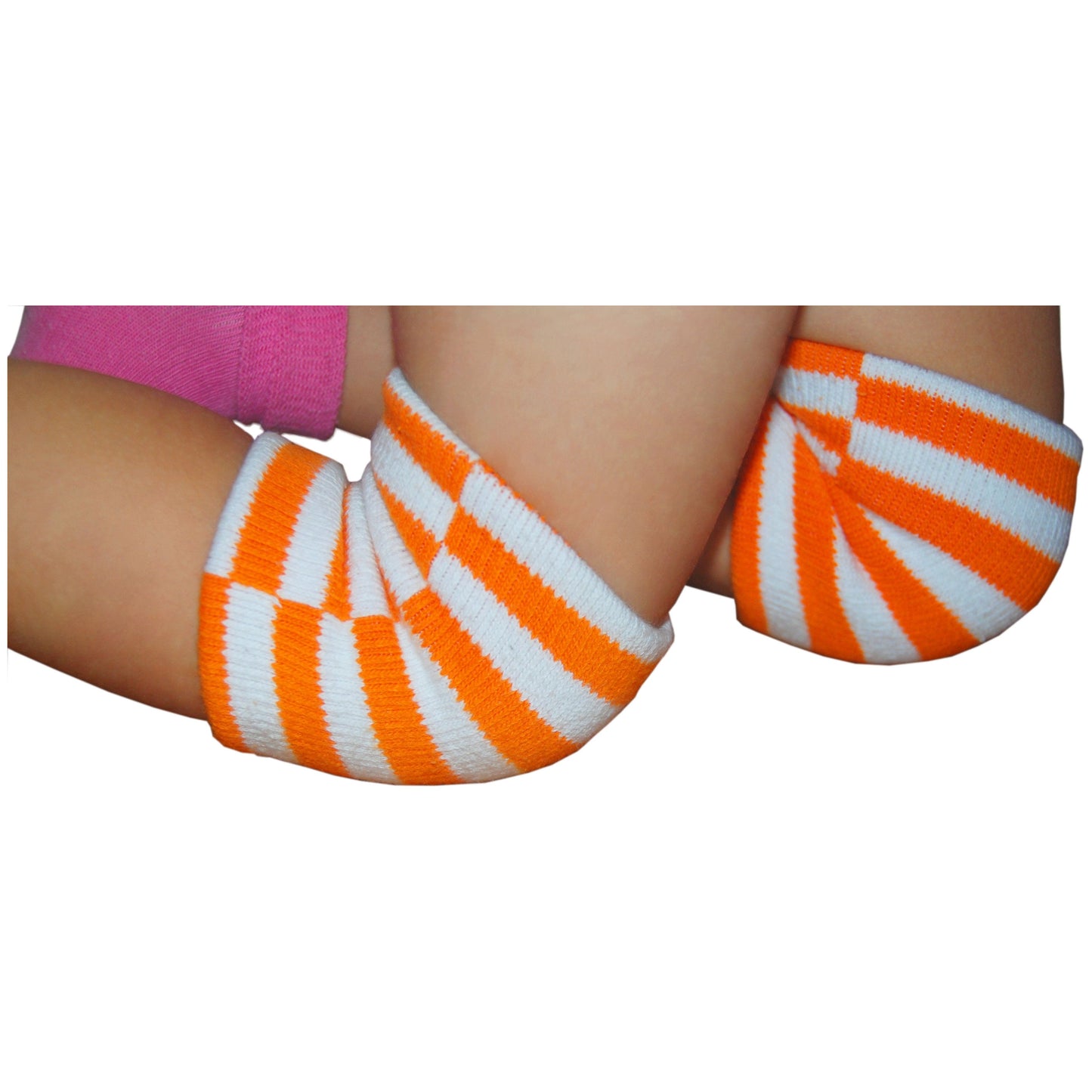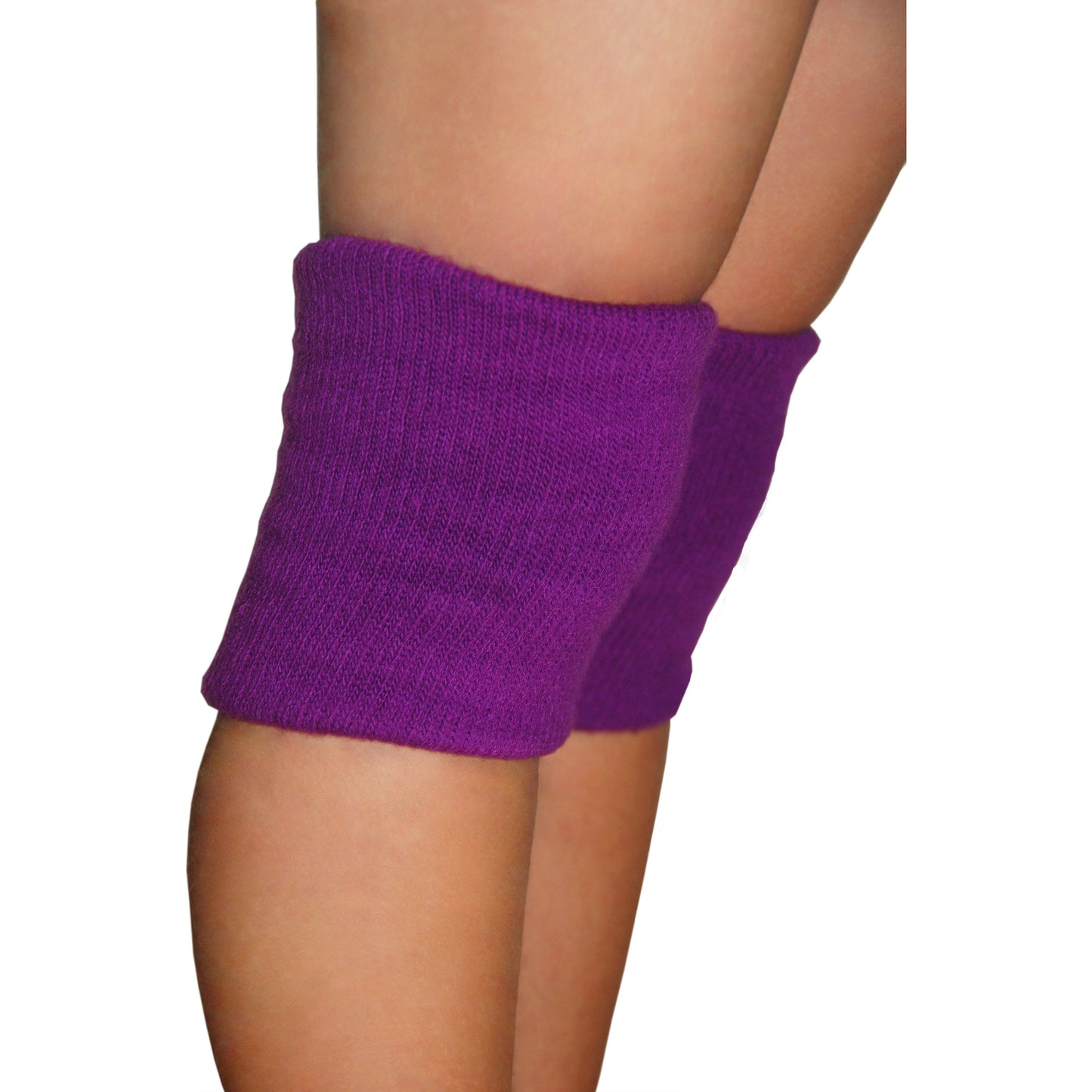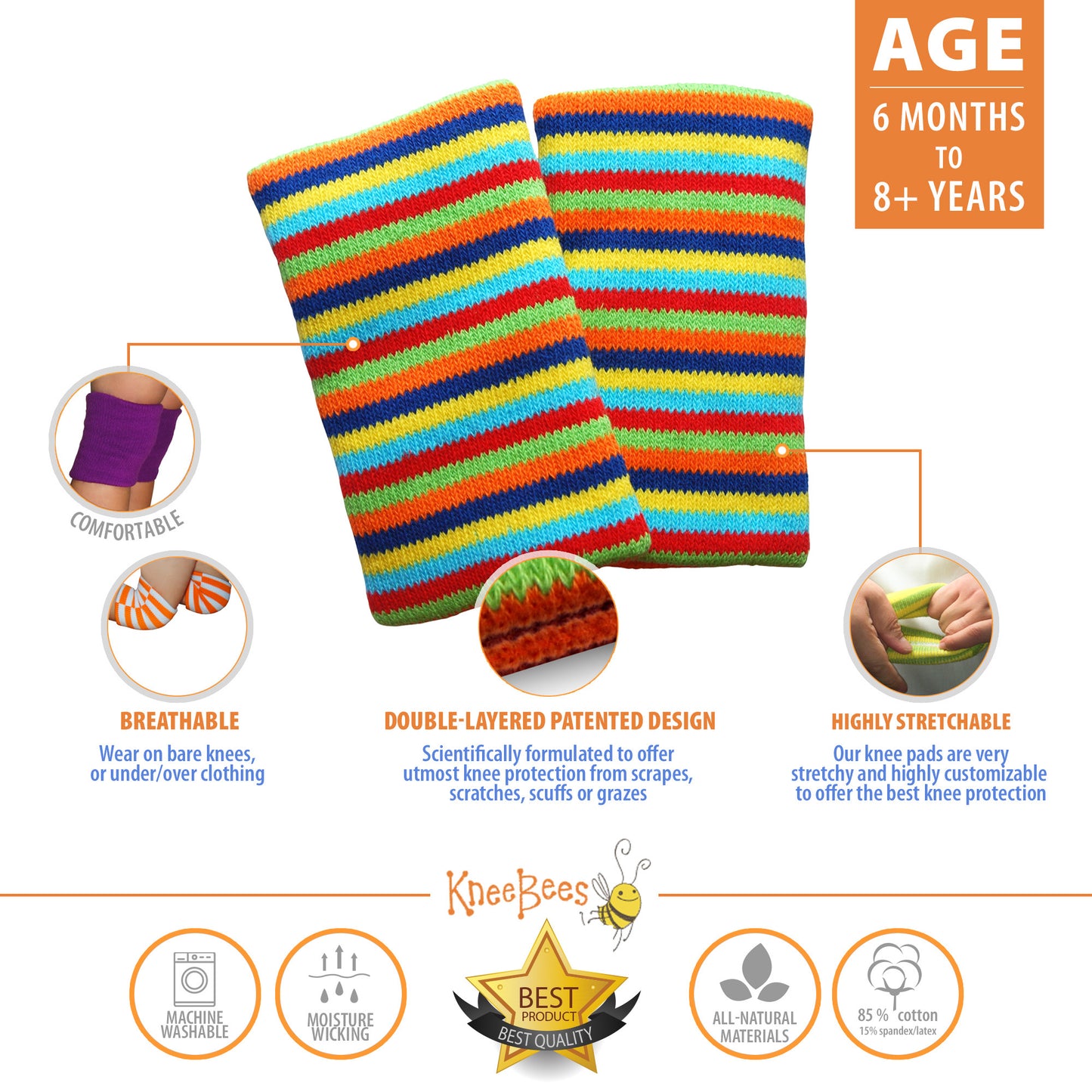We found this very helpful article on kidshealth.org and thought it useful for parents and caregivers. Let us know what you think. Article is taken directly from the website.

"Coronavirus (COVID-19): What to Do if Your Child Is Sick
Reviewed by: Jonathan M. Miller, MD and Elana Pearl Ben-Joseph, MD
Primary Care Pediatrics at Nemours Children's Health
Date reviewed: January 2022
Far fewer cases of coronavirus (COVID-19) have been reported in children than in adults. Usually, the virus causes a milder illness in kids, though some children have become pretty sick.
Many parents wonder what to do if their child gets sick. Here's what you need to know.
What Are the Signs & Symptoms of Coronavirus (COVID-19)?
Infection can cause a range of symptoms. Most common are fever, cough, trouble breathing, and gastrointestinal problems like bellyache, nausea, vomiting, and diarrhea. Other complaints include headaches, muscle aches, loss of taste and smell, and cold symptoms. The virus can be more serious in some people. And some people have no symptoms at all.
Some kids get symptoms caused by inflammation throughout the body, sometimes several weeks after they were infected with the virus. It can affect many different body systems, including the lungs, heart, brain, kidneys, blood vessels, skin, eyes, and gastrointestinal system. This is called multisystem inflammatory syndrome in children (MIS-C). Doctors are trying to find out how these symptoms are related to coronavirus infection.
Most kids with MIS-C get better after they get special care in the hospital, sometimes in the ICU (intensive care unit).
What Should I Do if My Child Has Symptoms?
Call your doctor if your child has a fever, cough, trouble breathing, sore throat, belly pain, vomiting, diarrhea, rash, dizziness, or just doesn't feel well. If your child has been near someone with coronavirus or been in an area where lots of people have it, tell the doctor. Talk about whether your child needs a test for coronavirus. The doctor can decide whether your child:
can be treated at home
should come in for a visit
can have a video or telehealth visit
In a telehealth visit, a health care provider can see your child on video while you stay at home. If you can, choose a telehealth provider who specializes in caring for kids. If the doctor thinks your child needs care right away, they will guide you on where to go. When possible, check for telehealth in your area before anyone in your family is sick.
Watch for signs that your child might need more medical help. Go to the ER if your child:
looks very sick to you
has breathing problems. Look for muscles pulling in between the ribs or the nostrils puffing out with each breath.
is confused or very sleepy
has chest pain
has cold, sweaty, pale or blotchy skin
is dizzy
has very bad belly pain
Call 911 if your child is struggling to breathe, is too out of breath to talk or walk, or turns blue or has fainted.
How Can I Keep My Family Safe if My Child Has Symptoms?
Keep your family home until you talk to your doctor. If the doctor thinks your child's symptoms could be COVID-19, everyone in the household should stay home until testing is done or symptoms are gone. Check the CDC's website for details.
Keep other people and pets in the house away from your child as much as possible.
Try to have one person only care for the sick child so others are not exposed.
If your child is over 2 years old and can wear a mask without finding it hard to breathe, have them wear one when the caregiver is in the room. Don't leave your child alone while they're wearing a mask. The caregiver also should wear one when in the same room. For more about masks, check the CDC's guide.
If possible, have your sick child use a different bathroom from others. If that isn't possible, wipe down the bathroom often.
Everyone in your family should wash their hands well and often. Wash with soap and water for at least 20 seconds, or use alcohol-based hand sanitizer.
Use regular household cleaners or wipes to clean things that get touched a lot (doorknobs, light switches, toys, remote controls, phones, etc.). Do this every day.
How Do Doctors Test People for Coronavirus (COVID-19)?
To test someone for coronavirus, doctors put a Q-tip (a swab) into the nose or mouth, then send it to a lab. Some areas offer drive-thru testing, which lets people stay in their car during the test. At some testing sites, people can swab themselves following directions from the health care team. People also can order special kits to do the test at home.
If you think your child has symptoms of COVID-19, call your doctor or local health department. They will give you the most up-to-date information on testing.
How Is Coronavirus (COVID-19) Treated?
Most people with a mild illness, including children, don’t need any specific treatment. They get better with rest, fluids, and fever-reducing medicine.
A very few kids ages 12 and older who are at higher risk for severe COVID-19 can get monoclonal antibodies. This special medicine is given within 10 days of when symptoms start or from when a child was around someone with COVID-19. It can keep them from getting very sick and needing hospital care.
Some people who get very sick from COVID-19 will need hospital care, possibly in the ICU. Doctors can closely watch them, give oxygen or IV fluids if needed, and treat any problems. Rarely, they will give medicines such as antiviral drugs or steroids. Someone who needs extra help to breathe will be connected to a breathing machine (a ventilator)."



